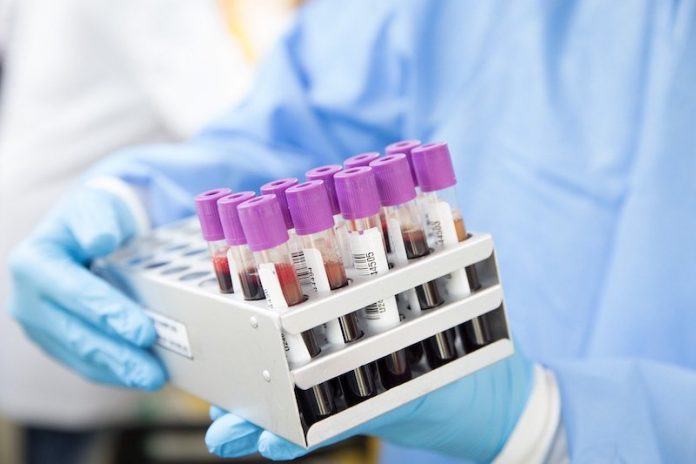
Cholesterol is a waxy, fat-like substance that your body needs for good health, but in the right amounts.
Unhealthy levels of cholesterol can lead to a condition called high blood cholesterol.
Cholesterol in your blood is carried on lipoproteins:
- Low-density lipoprotein (LDL), sometimes called “bad” cholesterol
- High-density lipoprotein (HDL), sometimes called “good” cholesterol.
High levels of “bad” LDL cholesterol cause plaque (fatty deposits) to build up in your blood vessels.
This may lead to heart attack, stroke, or other health problems High levels of “good” HDL cholesterol may actually lower your risk for health problems.
HDL cholesterol carries cholesterol and plaque buildup from your arteries to the liver, so it can be flushed out of the body.
Unhealthy cholesterol levels are often caused by lifestyle habits, such as unhealthy eating patterns, in combination with the genes that you inherit from your parents.
Routine blood tests can show whether your cholesterol levels are healthy. To help get your cholesterol levels into the healthy range, you may need heart-healthy lifestyle changes or medicines.
High levels of low-density lipoprotein (LDL) cholesterol usually do not cause symptoms. Most people do not know they have high blood cholesterol until they have a blood test during a routine doctor’s visit.
If your levels are very high, you may notice the following symptoms:
- Fatty bumps on your skin, especially on the elbows, joints, knees, hands, feet, or buttocks
- Grayish-white rings (corneal arcus) that appear around the corneas in your eye
These symptoms mostly develop in people who have high cholesterol that runs in families (familial hypercholesterolemia).
Undiagnosed or untreated high blood cholesterol can lead to serious problems, such as heart attack and stroke.
Talk to your doctor about your risk and steps you can take to keep your cholesterol levels in a healthy range.
Sign up for our newsletter for more information about this topic.
If you care about health, please read studies about cholesterol that could accurately predict heart attack and stroke, and common cholesterol-lowering drug that could help you live longer.
For more information about heart health, please see recent studies about nutrient that can protect your heart rate, and results showing this combo therapy can cut risk of heart attack and stroke by half.



